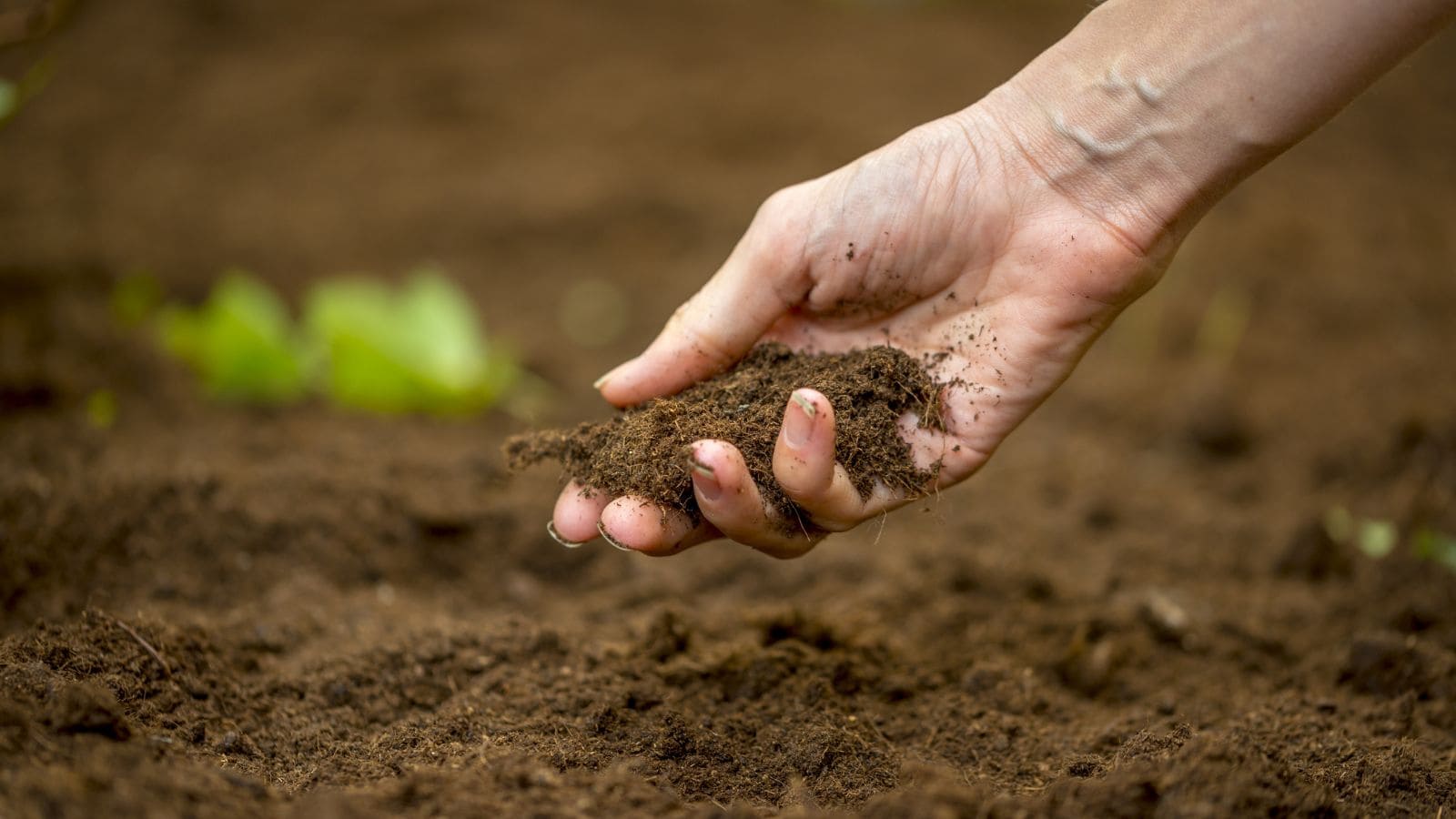Biodiversity, the variety of life in all its forms, is crucial for a healthy and resilient garden ecosystem. A garden rich in biodiversity supports various plant and animal species, which in turn provides numerous ecological, aesthetic, and practical benefits.

Ecological Stability
Pest Control
A diverse garden naturally balances pest populations. Beneficial insects like ladybugs, spiders, and predatory beetles help control harmful pests such as aphids and caterpillars. This reduces the need for chemical pesticides, which can harm beneficial organisms and the environment.
Disease Resistance
Gardens with a variety of plants are less likely to suffer from widespread disease outbreaks. Different species have varying levels of susceptibility to diseases, so diversity ensures that a single pathogen won’t devastate your entire garden.
Soil Health
Nutrient Cycling
Different plants contribute various organic materials to the soil as they grow and decompose. This variety of organic matter enhances soil structure and fertility, promoting healthier plant growth and reducing the need for synthetic fertilizers.
Erosion Control
A mix of plants with varying root structures helps stabilize the soil. Deep-rooted plants prevent erosion by anchoring the soil, while shallow-rooted plants protect the soil surface.
Wildlife Support
Habitat Creation
A biodiverse garden provides habitats for a wide range of wildlife, including birds, insects, and small mammals. These creatures contribute to the ecological balance of your garden, promoting pollination and natural pest control.
Pollinator Attraction
Diverse plant species attract a variety of pollinators such as bees, butterflies, and hummingbirds. Pollinators are essential for the reproduction of many plants, ensuring bountiful harvests and vibrant flowers.
Aesthetic and Practical Benefits
Visual Appeal
A garden with a variety of plants offers a more visually appealing landscape. Different colors, textures, and forms create a dynamic and attractive garden space.
Year-Round Interest
By including a mix of annuals, perennials, shrubs, and trees, you can ensure that your garden remains interesting throughout the year. Various plants bloom at different times, providing continuous color and interest.
Climate Resilience
Adaptability
Biodiversity enhances a garden’s ability to adapt to changing environmental conditions. A mix of plants with different water, light, and soil requirements ensures that some will thrive even during adverse conditions.
Carbon Sequestration
Plants absorb carbon dioxide from the atmosphere, helping to mitigate climate change. A diverse garden with a variety of plant species can sequester more carbon than a monoculture.
